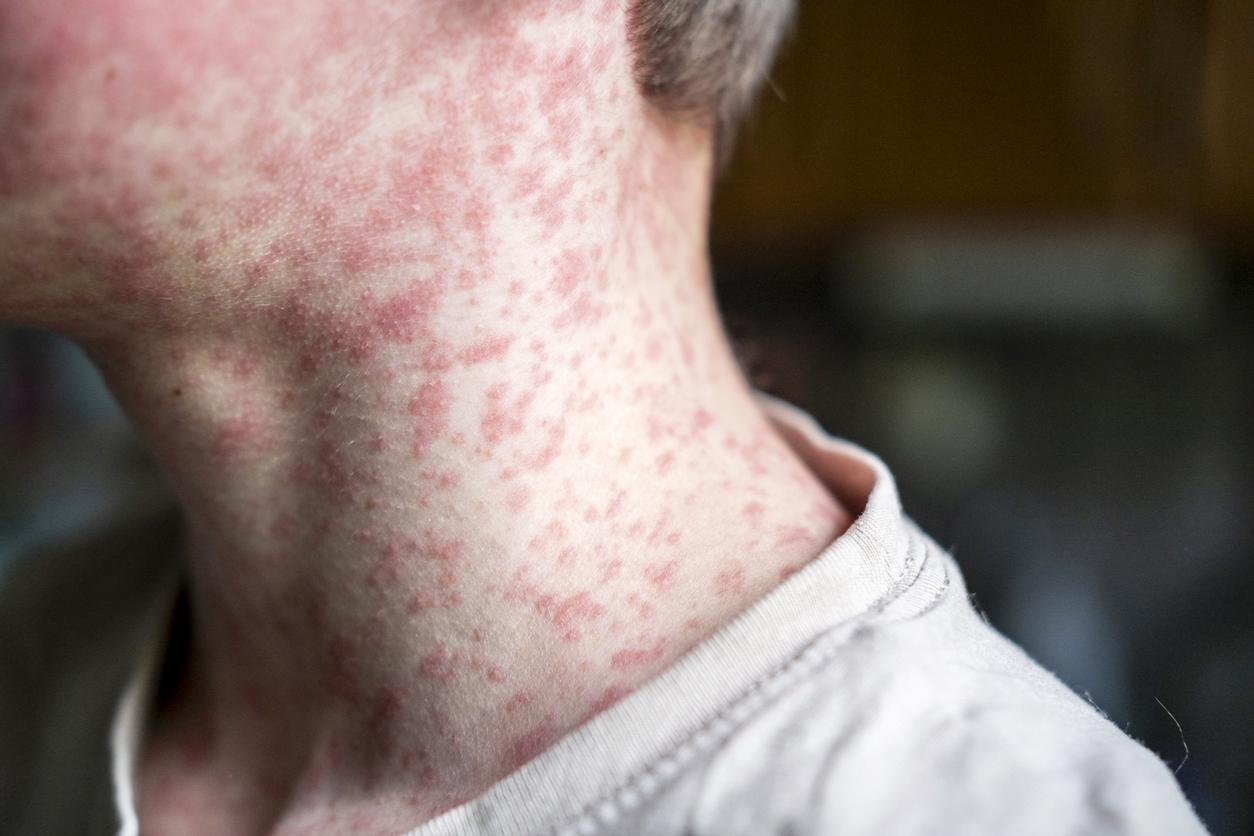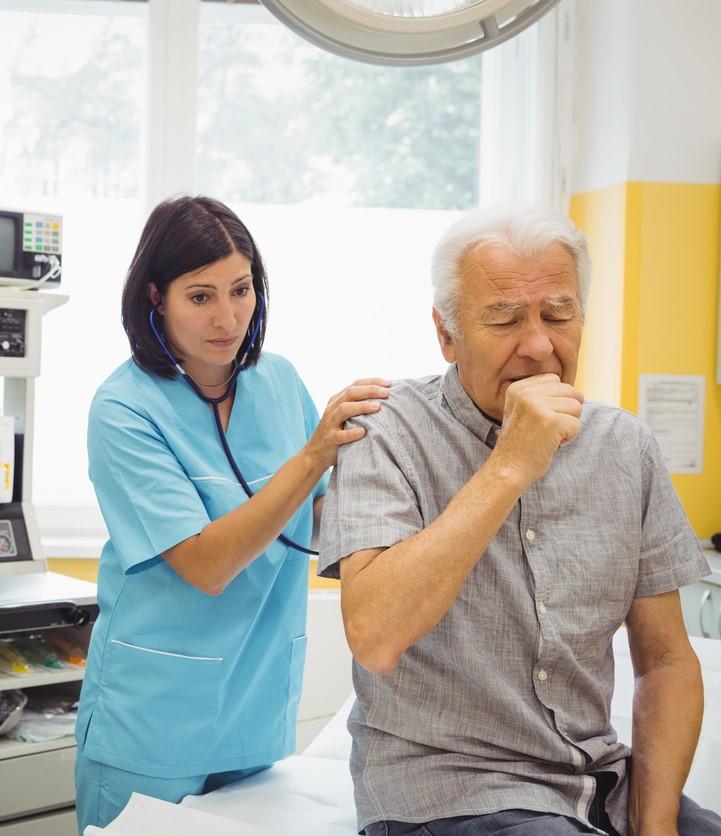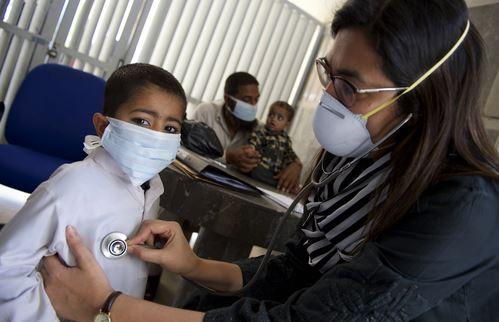
A survey of US pediatric antimicrobial stewardship programs (ASPs) found that most have made progress in meeting Centers for Disease Control and Prevention (CDC) requirements since 2018, but many report insufficient resources and a lack of diversity in the workforce, researchers reported today in Antimicrobial Stewardship & Healthcare Epidemiology.
In 2017, The Joint Commission and the Centers for Medicare and Medicaid Services required that US hospitals have an ASP. A survey of US children's hospitals conducted a year later showed that 94% had ASPs. To investigate changes in US pediatric ASPs since that survey, a team led by researchers from Boston Children's Hospital distributed a two-part survey to 82 US pediatric ASPs.
Part I of the survey asked ASP leaders about hospital demographics, ASP funding, and program choices related to the CDC's 2019 Core Elements of Hospital Antibiotic Stewardship Programs. Part II asked ASP team members to anonymously self-identify race, ethnicity, gender identity, training, and duration of ASP experience.
Most ASPs meet CDC core elements
Of the 62 ASPs that responded to the survey, 61 (98%) indicated they had a formal ASP, 55 (88%) identified themselves as multidisciplinary (ie, made up of pharmacists, physicians, and members from other disciplines), and 40 (65%) were co-led by an ASP physician and pharmacist. In addition, 60 (97%) reported having dedicated inpatient physician full-time equivalents (FTEs), and 57 (92%) reported having dedicated inpatient pharmacist FTEs. The median program age was 10 years.
Among all ASPs, 49 (79%) performed at least some preauthorization, 58 (94%) reported some use of audit and feedback, 59 (95%) had developed two or more evidence-based guidelines on antibiotic use, and 60 (97%) performed ASP activities in inpatient settings. However, only 31 ASPs (50%) engaged in outpatient stewardship, and only 11 (36%) had FTEs for any role in outpatient stewardship. And 35 programs (58%) reported inadequate financial resources for staffing from hospital leadership.
Of the 125 ASP professionals who completed the second part of the survey, 71% self-reported as White, 15% as Asian, and 3% as Black.
The study authors say they hope the results will spur studies on how stewardship funding and activities relate to outcomes.


.jpg)
















